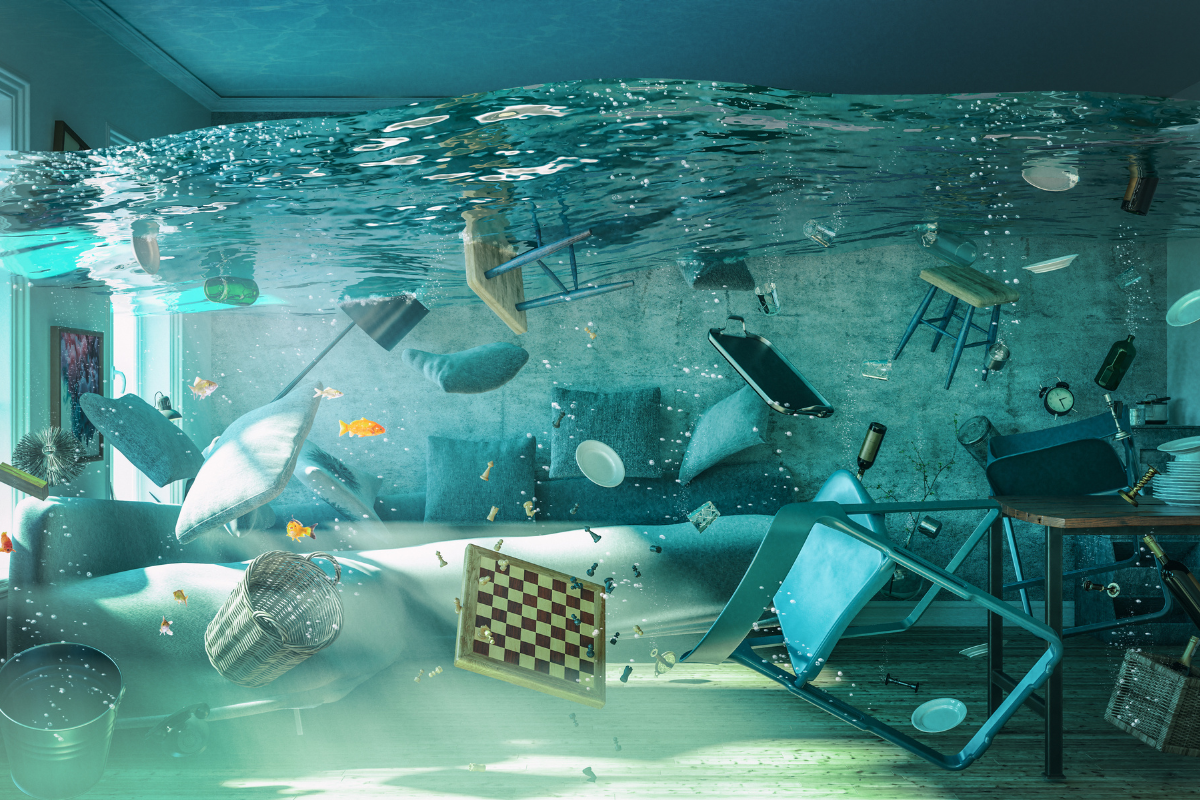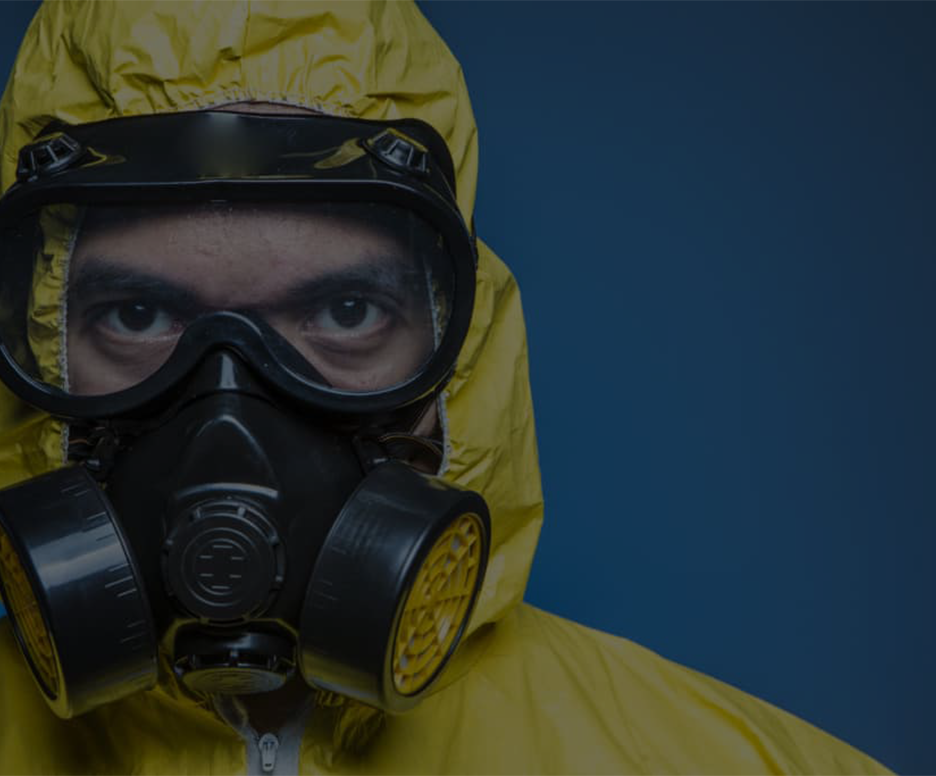
Top 50 Common Questions About How To Remove Flood Water From Your Home
By: 911 Water Damage Experts
If you’re wondering how to remove flood water from your home, you’re in luck.
Below we share the top 50 most common questions asked on the web about removing water from your home.
Let’s get right into it!
- How do I remove flood water from my home?
- You can remove flood water from your home using pumps, wet/dry vacuums, or by hiring professional water removal services.
- What equipment do I need for flood water removal?
- Equipment for flood water removal includes water pumps, wet/dry vacuums, dehumidifiers, fans, protective gear, and disinfectants.
- Can I remove flood water by myself?
- Yes, you can remove flood water by yourself if it’s safe to do so and the amount of water is manageable. However, for extensive flooding or contaminated water, it’s advisable to seek professional help.
- How long does it take to remove flood water?
- The time it takes to remove flood water depends on factors such as the amount of water, the size of the affected area, and the efficiency of the water removal equipment. It can range from a few hours to several days.
- What are the dangers of leaving flood water untreated?
- Leaving flood water untreated can lead to mold growth, structural damage, electrical hazards, and health risks due to contamination.
- Should I contact professionals for flood water removal?
- It’s recommended to contact professionals for flood water removal, especially for large-scale flooding or contaminated water, to ensure thorough and safe cleanup.
- What are the steps involved in flood water removal?
- The steps typically involve assessing the damage, removing standing water, drying and dehumidifying the area, cleaning and disinfecting surfaces, and restoring the affected area.
- How do I prevent mold after flood water removal?
- To prevent mold after flood water removal, ensure thorough drying of the affected area, use dehumidifiers and fans, and promptly remove any water-damaged materials.
- Is flood water removal covered by insurance?
- Flood water removal may be covered by flood insurance or homeowners’ insurance policies, depending on the cause of the flooding and the coverage you have.
- Can flood water cause structural damage?
- Yes, flood water can cause structural damage to buildings, including weakening foundations, rotting wood, and corroding metal.
- How do I assess the extent of flood water damage?
- You can assess flood water damage by inspecting walls, floors, ceilings, and belongings for signs of water damage, mold, and discoloration.
- What safety precautions should I take during flood water removal?
- Safety precautions during flood water removal include wearing protective gear, turning off electricity and gas, avoiding contact with contaminated water, and being cautious of structural damage.
- How do I protect my belongings during flood water removal?
- Protect belongings during flood water removal by moving them to a dry area, wrapping them in plastic or waterproof covers, and cleaning and disinfecting items that have come into contact with flood water.
- Are there any health risks associated with flood water removal?
- Yes, health risks associated with flood water removal include exposure to contaminants, bacteria, mold spores, and pathogens present in the water.
- Can I salvage any items after flood water damage?
- Some items can be salvaged after flood water damage, especially if they are promptly cleaned, disinfected, and dried. However, porous materials like mattresses and carpets may need to be discarded.
- How do I dry out my home after flood water removal?
- You can dry out your home after flood water removal by using dehumidifiers, fans, opening windows for ventilation, and allowing sufficient time for the area to dry completely.
- What should I do with contaminated items after flood water removal?
- Contaminated items should be disposed of properly according to local regulations. Non-porous items can be cleaned and disinfected, while porous items may need to be discarded.
- Can flood water removal affect my electrical system?
- Yes, flood water can damage electrical systems, leading to short circuits, electrical fires, and electrocution hazards. It’s important to have the electrical system inspected by a professional before use.
- Is it safe to use appliances after flood water removal?
- Appliances that have come into contact with flood water should be inspected by a professional before use to ensure they are safe and not damaged.
- How do I clean and disinfect after flood water removal?
- Clean and disinfect surfaces after flood water removal using a mixture of water and bleach or commercial disinfectants. Follow proper cleaning procedures to ensure thorough sanitation.
- What are the best techniques for basement flood water removal?
- Basement flood water removal techniques include using pumps, wet/dry vacuums, and dehumidifiers, as well as ensuring proper drainage and ventilation.
- How do I remove flood water from carpets and rugs?
- Flood water from carpets and rugs can be removed by extracting the water using wet/dry vacuums, followed by thorough drying and cleaning.
- What should I do about waterlogged furniture after flood water removal?
- Waterlogged furniture should be dried thoroughly and cleaned with disinfectants. Upholstered furniture may need professional cleaning or may need to be discarded if heavily damaged.
- Can flood water removal affect my HVAC system?
- Yes, flood water can damage HVAC systems, leading to mold growth, foul odors, and decreased efficiency. HVAC systems should be inspected and cleaned by professionals after flood water removal.
- How do I remove flood water from crawl spaces?
- Are there any DIY methods for flood water removal?
- Yes, DIY methods for flood water removal include using pumps, wet/dry vacuums, fans, and dehumidifiers. However, for extensive flooding or contaminated water, it’s best to hire professionals.
- What are the signs of hidden water damage after flood water removal?
- Signs of hidden water damage include musty odors, discoloration of walls or ceilings, peeling paint or wallpaper, and warped or buckling floors.
- Should I test for mold after flood water removal?
- Yes, testing for mold after flood water removal is recommended, especially if there are signs of moisture or if the area was flooded for an extended period.
- How do I dispose of debris after flood water removal?
- Debris should be disposed of properly according to local regulations. Separate hazardous materials from non-hazardous materials and follow proper disposal procedures.
- Can flood water removal affect my home’s foundation?
- Yes, flood water removal can affect a home’s foundation if not done properly. It’s important to address any drainage issues and ensure proper grading to prevent water from pooling around the foundation.
- How do I handle sewage contamination during flood water removal?
- Sewage contamination should be handled with extreme caution. Avoid contact with contaminated water, wear protective gear, and disinfect affected areas thoroughly.
- What are the risks of delaying flood water removal?
- Delaying flood water removal can lead to further damage to property, mold growth, and health risks due to contamination and moisture.
- Can flood water removal impact indoor air quality?
- Yes, flood water removal can impact indoor air quality if not done properly. Mold spores, bacteria, and other contaminants can affect air quality if not thoroughly cleaned and sanitized.
- How do I prevent future flooding after flood water removal?
- To prevent future flooding, consider installing flood barriers, improving drainage systems, sealing cracks and leaks, and elevating electrical systems and appliances.
- What are the costs associated with professional flood water removal?
- The costs of professional flood water removal vary depending on the extent of the damage, the size of the affected area, and the services provided. It’s best to get estimates from multiple contractors.
- How do I find reputable flood water removal companies?
- Look for flood water removal companies with proper licensing, certifications, and experience. Ask for recommendations from friends, family, or insurance providers, and read reviews from previous customers.
- Can flood water removal affect my plumbing system?
- Flood water can damage plumbing systems, causing leaks, blockages, and contamination. Plumbing systems should be inspected and repaired if necessary after flood water removal.
- How do I remove water from a flooded yard?
- Water can be removed from a flooded yard using pumps, drainage systems, or by allowing natural drainage. Ensure proper grading and drainage to prevent future flooding.
- Are there any government assistance programs for flood water removal?
- Depending on the severity of the flooding and the area affected, government assistance programs may be available for flood water removal, cleanup, and restoration. Check with local authorities or emergency management agencies for information.
- How do I document flood water damage for insurance claims?
- Document flood water damage by taking photos and videos of the affected areas and belongings, keeping records of repair costs and receipts, and filing a detailed claim with your insurance provider.
- Can flood water removal lead to structural drying?
- Yes, flood water removal is typically followed by structural drying to remove excess moisture from building materials and prevent mold growth and structural damage.
- How do I address water stains after flood water removal?
- Water stains can be addressed by cleaning and disinfecting the affected surfaces, repainting or refinishing as needed, and addressing any underlying moisture issues.
- What are the signs of long-term damage after flood water removal?
- Signs of long-term damage after flood water removal include persistent odors, ongoing moisture issues, deteriorating building materials, and recurring mold growth.
- How do I handle water damage to drywall after flood water removal?
- Water-damaged drywall should be inspected for signs of mold and structural damage. In some cases, sections of drywall may need to be removed and replaced.
- Can flood water removal affect my home’s resale value?
- Yes, flood water damage can affect a home’s resale value if not properly addressed. It’s important to disclose any past flooding or water damage to potential buyers.
- How do I prevent pests after flood water removal?
- To prevent pests after flood water removal, keep the area clean and dry, seal entry points, remove standing water, and consider using pest control measures as needed.
- Should I repaint walls after flood water removal?
- Repainting walls after flood water removal may be necessary to cover water stains, prevent mold growth, and improve aesthetics. Use mold-resistant paint for added protection.
- How do I deal with water damage to wooden floors after flood water removal?
- Water-damaged wooden floors should be thoroughly dried and inspected for warping or buckling. In some cases, sanding and refinishing may be necessary to restore the floors.
- Can flood water removal affect my home’s insulation?
- Yes, flood water removal can affect insulation if it becomes saturated with water. Wet insulation should be removed and replaced to prevent mold growth and maintain energy efficiency.
- What should I do if I encounter unforeseen problems during flood water removal?
- If you encounter unforeseen problems during flood water removal, such as structural damage or extensive mold growth, contact professionals for assistance and guidance on how to proceed.
If you have any questions about our article, “Top 50 Common Questions About How To Remove Flood Water From Your Home” or need water damage services, feel free to call us at 1-833-WE-DRY-IT or chat with us on social media or LiveChat!
Related Posts
Fire Damage Restoration Articles
The Dos And Don’ts Of Commercial Fire Damage
Forest Fire House Damage: What To Do After Your House Is Damaged By A Forest Fire And Who to Call?
Fire prevention tips for the summer
How to clean up after a house fire
Fire damage restoration checklist
Fire damage tips: 6 hazards property owners miss
How smoke from fires can negatively affect your health
What are the most common causes of house fires?
10 helpful smoke damage cleaning tips
Mould Removal Restoration Articles
Is Bathroom Mould Dangerous? Powerful Mould Prevention Tips Inside
Dangers Of Bathroom Mould And Tips On How To Clean And Prevent It
Got Bathroom Mould? Here Are Some Must-Know Bathroom Mould Cleaning Tips
5 Signs You Have Mould Growing In Your Walls
“Can I Remove Mould Myself?” Our Mould Removal Experts Have Answers
7 Must-Know Reasons Why You Should Get A Mould Inspection Before Buying A House
Does Mould Attract Bugs? Yes And Here’s What Kind And Why
How To Remove Mould From The Attic [Mould Prevention Tips Inside]
How Rain Causes Mould Growth-Prevention Tips Included
Must-Know Tips: How To Remove Mould In Your Basement
Water Damage Restoration Articles
How to prevent home storm damage
What you can expect from a fire damage restoration company
Water damage prevention tips from the most common problems we’ve seen
Top causes of water damage in commercial buildings and how to find them
Must-know water damage tips: What to do after your house floods
What does good water damage restoration look like?
DIY water damage restoration and the hidden dangers
How to choose the right water damage company
Flast floods: What to do before, during and after a flash flood
What to do when your attic leaks?
This is why water damage is a silent home killer
Related Water Damage Services
Fire damage restoration services
Water damage restoration services
Emergency cleanup services
Mould removal services
Weather damage services

